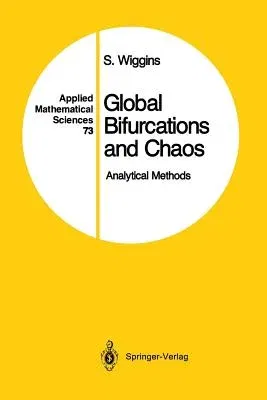Stephen Wiggins
(Author)Global Bifurcations and Chaos: Analytical Methods (Softcover Reprint of the Original 1st 1988)Paperback - Softcover Reprint of the Original 1st 1988, 14 March 2014

Qty
1
Turbo
Ships in 2 - 3 days
In Stock
Free Delivery
Cash on Delivery
15 Days
Free Returns
Secure Checkout
Part of Series
Applied Mathematical Sciences
Part of Series
Applied Mathematical Sciences (Springer)
Print Length
495 pages
Language
English
Publisher
Springer
Date Published
14 Mar 2014
ISBN-10
1461210410
ISBN-13
9781461210412
Description
Product Details
Author:
Book Edition:
Softcover Reprint of the Original 1st 1988
Book Format:
Paperback
Country of Origin:
US
Date Published:
14 March 2014
Dimensions:
23.39 x
15.6 x
2.62 cm
ISBN-10:
1461210410
ISBN-13:
9781461210412
Language:
English
Location:
New York, NY
Pages:
495
Publisher:
Weight:
712.14 gm

